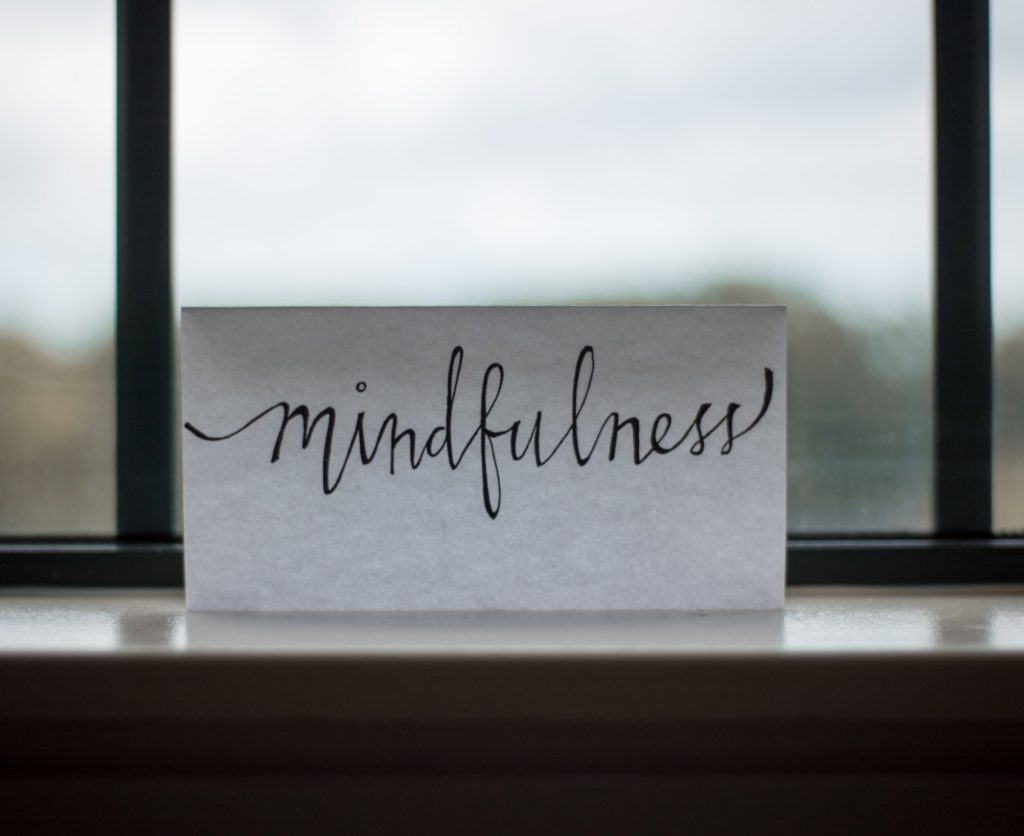
Coronavirus: Maintaining your mental wellbeing
While we are certainly not professionals or experts in mental health, addressing that general mental wellbeing is likely to take a dip during This Strange Time is important. It’s a different rhythm of life and adjusting well to that takes time and requires forming new habits and routines. Try to take proactive steps to give yourself a sense of normality by doing things you enjoy and maintaining and routine.
Try to manage how you get your information about the outbreak
Ingesting the news all day perpetuates the scaremongering cycle. It’s important to keep yourself educated and aware but scrolling through news articles or watching the news is not healthy or affective as the fear can start to build. If you do want to keep updated, try to limit the amount you do so – maybe during lunchtime or after work, if you’re working from home. If you’re concerned by something you read on social media or in a tabloid, always fact check and cross reference with trusted sources.
Keep in touch
Check in with people, everyone’s going through it and some people will be struggling more than others. A video call or a few messages to show you’re thinking about something and to keep them company can help. If you’re starting to miss people in your life that you can’t see right now, putting pictures of them up could be a nice reminder of the people you care about.
Spread positivity! If you hear some good news, tell people. In times of uncertainty positivity goes a long way.
Never underestimate how much doing something kind for someone else will have a positive impact on your mental wellbeing. Websites such as Moonpig and Thortful are great and have a huge array of cards that you can send to show loved ones that you’re thinking about them. You could send books that you’ve read and think is good, cook the same dinner with someone on a videocall, watch a film together on Netflix Party, read the same book at the same time and arrange a time to discuss it, arrange doing a home workout at the same time, etc. The possibilities are limitless and essential in ensuring you still feel close to your loved ones.
Form a new routine
A simple but effective way of improving your mental wellbeing is planning how you’re going to spend your day. This is particularly if you’re not working from home, there is SO much time and it’s hard to know what to do with it! It might be helpful to write this routine down, put it on your wall, and set reminders on your phone for when you’re going to do what.
Keep your weekends separate. This is easier if you’re continuing to work from home otherwise it could feel like Friday, Saturday and Sunday is the short weekend and Monday-Friday is the long weekend. If you’re on furlough or not working at the moment, then it is important to do something special and different on the weekends.
Look after your mind and body
Keep your mind stimulated – read, listen to podcasts, write, do crosswords, finish jigsaw puzzles, draw, paint, anything! Many of us now have more spare time than we’re used to and doing something that we don’t normally having time to do can be incredibly fulfilling. This can be something like following an online cooking class, reading a book you’ve not got round to reading, or learning a new skill.
Drink more water! We’re not going outside as much; we’re getting enough fresh air or Vitamin D and we’re looking at screens for a lot of the day. We’re bound to get headaches and feel less energetic than usual so drinking more water is always beneficial.
Keeping active is one of the most replenishing things you can do for your mind and body. If you find you’ve been sat in the same position for a while staring at your screen, walk around for a bit or change where you’re sat. You can keep active by cleaning your home, dancing to music, going up and down the stairs, and there are plenty of home workout videos that you can follow. It’s easy to fall into unhealthy patterns of behaviour that make us feel worse so being mindful of what works for you is important.
Finally, rest. A lot of people are saying get up at the same time as you usually would or get up even earlier. It is up to the individual to recognise when they feel most productive. It’s okay to use this time to sleep in half an hour or so later than you usually would – we are being offered a time to recuperate and it’s okay to advantage of it! Being well rested you’ll find yourself more motivated, energetic and productive. Of course, this doesn’t mean forming bad sleeping practices. Practicing mindfulness and relaxation techniques can help in feeling well rested and more positive, which you can find tips about here. Not everyone will find this time particularly inspiring to start learning a new language or a new skill and that’s completely fine – everyone moves at their own pace and taking care of your mental wellbeing is of paramount importance.
It has been said time and time again but it holds weight – this is temporary and will pass! This new way of life and working and socialising will not be forever, “normal life” will resume and we might long for this time we had.



